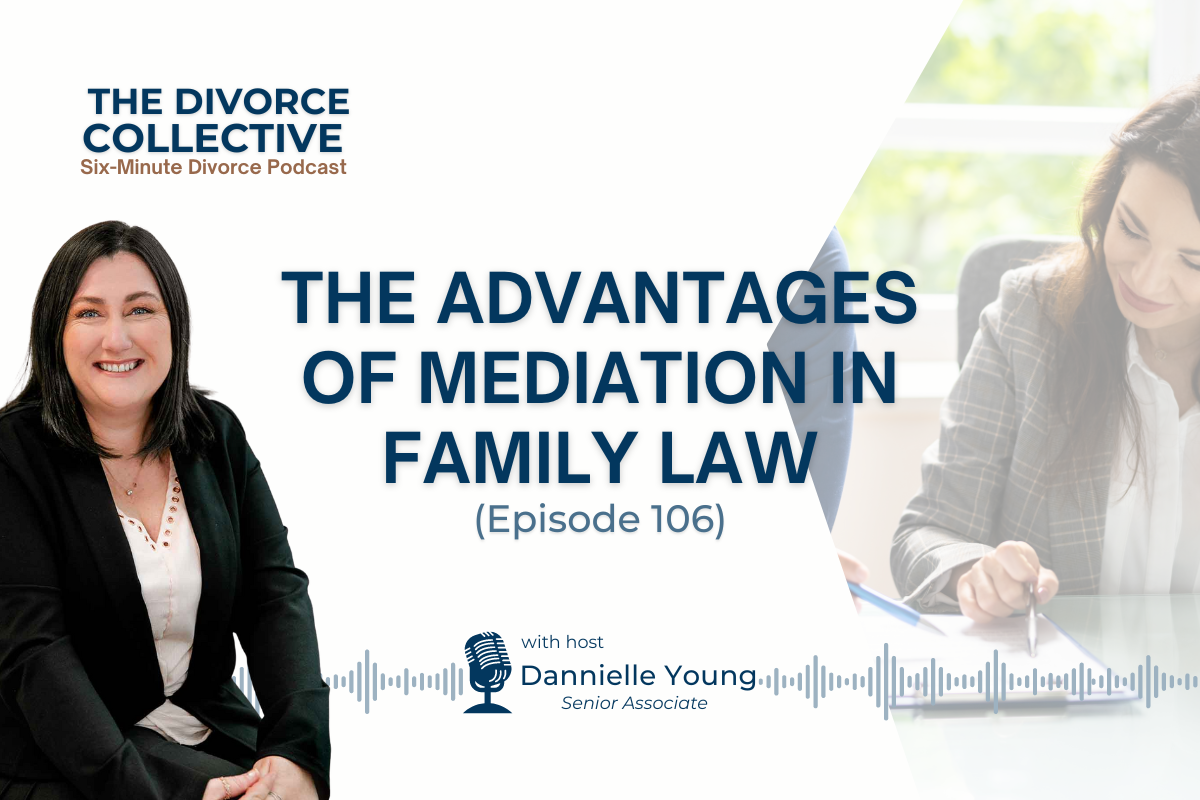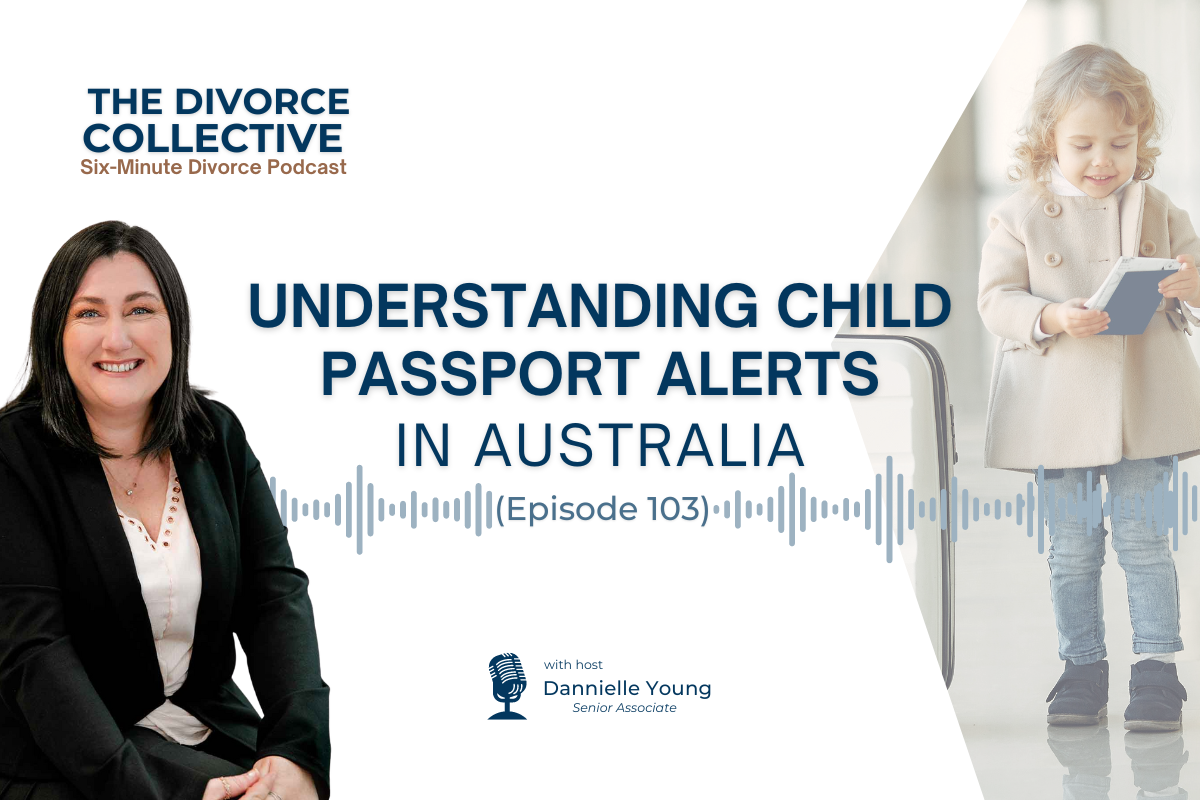If you’ve reached an agreement and are reading this, then a hearty congratulations! That’s the toughest part of the process, and you’ve come through it. You might be keen to finalise your property division and implement your parenting arrangements rapidly, but it’s crucial to enter into Consent Orders and seek the guidance of Gold Coast family lawyers to assist with this phase of the process.
Proceed with caution! If not done properly, this could devolve into a messy situation, leaving you feeling frustrated and powerless. The outcome might be much less than you deserved and could expose you to a future claim.
Consent Orders, if handled by a family law solicitor on the Gold Coast, can be a straightforward part of the process. Plus, the minimal cost makes it a worthwhile investment to ensure every ‘T’ is crossed and every ‘I’ is dotted.
Here are 10 things you should know about Consent Orders:
1. Understanding Consent Orders
When you and your partner decide to separate, you may agree on property settlement and children’s matters without going to court. In such cases, you can apply for Consent Orders, saving you time, and money, and potentially maintaining amicable relations, as court proceedings aren’t required.
2. Legally Binding Nature of Consent Orders
There are only two ways to establish a binding agreement for property division. One is through Consent Orders, and the other is via a Binding Financial Agreement. Consent Orders are typically preferred, as they’re less complicated and reflect a just and equitable outcome. There’s also no requirement for parties to seek independent legal advice.
3. Consent Orders: A Just & Equitable Outcome
You and your ex-partner can agree to any terms you like, but if the agreement isn’t seen as ‘just and equitable’ in the eyes of the law, the Court will not enforce the orders. A Court Registrar closely scrutinises them to ensure the children’s best interests are considered and the financial division is fair. If it isn’t, the Court will request adjustments.
4. Stamp Duty Exemptions
If your property settlement includes transferring property to one party under the Orders, a stamp duty exemption can apply. If there are no Orders in place, the person receiving the property is liable for half of the full stamp duty amount. That’s a substantial saving!
5. Risk Without Consent Orders
When you part ways with your ex-spouse, circumstances change. Both parties may re-partner, move or manage finances independently. Without Consent Orders, you expose yourself to risks as changes might motivate your ex-spouse to alter parenting arrangements or request further financial division.
6. Consent Orders Without a Solicitor
While it’s possible to file Consent Orders without a solicitor, it’s not advised. The application forms are available online, but drafting the Orders, specifically the ‘Minutes of Consent’, requires the expertise of a family law solicitor to ensure your interests are adequately protected.
7. Time Constraints for Consent Orders
You can apply to Consent Orders at any time within 12 months of being granted a divorce. If you were in a de-facto relationship, the timeframe to file Consent Orders is within two years from the date of separation.
Should you need assistance, we at Collective Family Law Group offer a family law consultation free of charge, providing you with some of the best family law lawyers Gold Coast has to offer.





